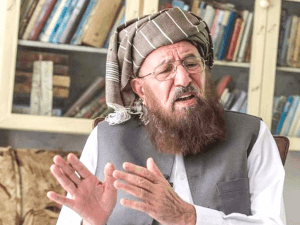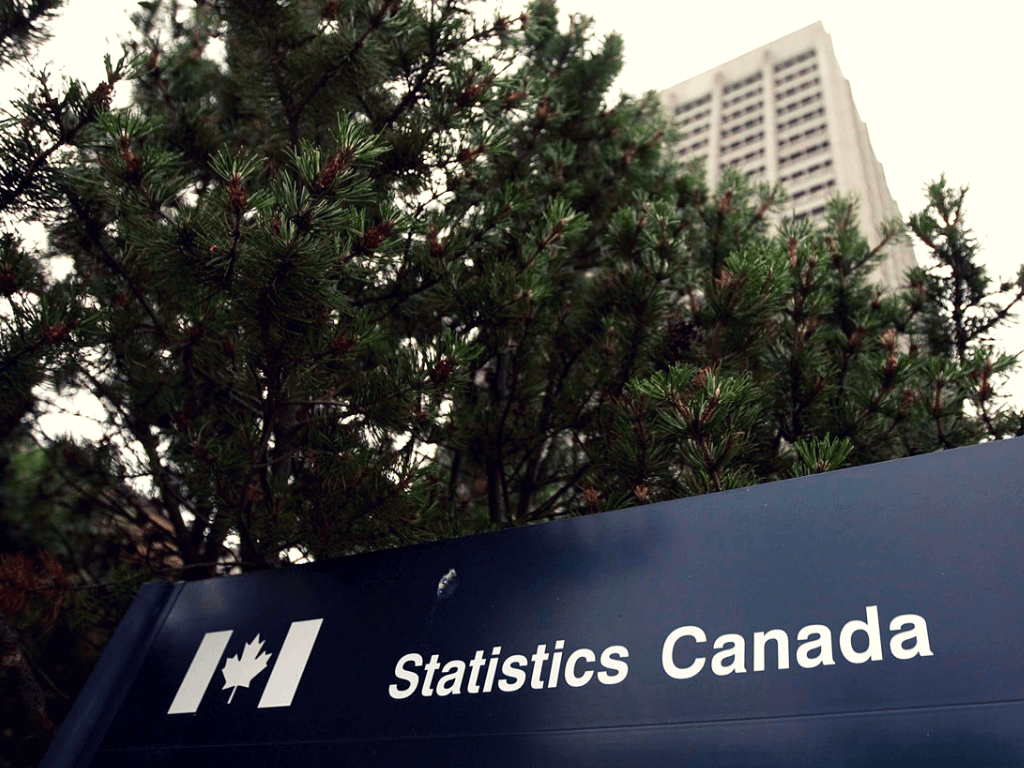 The ‘Father of the Taliban’ is dead. Irfan Yar examines how Maulana Sami-ul-Haq’s murder could impact the Afghan peace process and cause to an upswing in violence.
The ‘Father of the Taliban’ is dead. Irfan Yar examines how Maulana Sami-ul-Haq’s murder could impact the Afghan peace process and cause to an upswing in violence.
By Irfan Yar, November 7, 2018
On November 2, Maulana Sami-ul-Haq, a Pakistani religious leader, was found dead in his residence in Rawalpindi. The radical cleric felt no shame in openly supporting the Taliban in its fight against the Afghan government and the United States. Due to his strong ideological support for and close connection to the Taliban, Haq was known as “the Father of Taliban.” Afghan officials, including Parliament members, have called his death a big step toward peace in Afghanistan while Islamabad and the Taliban have called it a big loss for the country.
The assassination of this divisive figure comes at a time when the security situation in the region is very sensitive. In Afghanistan, the U.S. and Afghan governments have started a fresh peace process with the Afghan Taliban. Just weeks ago, Gen. Abdul Raziq, a famously anti-Taliban Afghan police chief, was murdered in Kandahar. Many in Pakistan thus believe that Haq’s death was revenge for Raziq’s killing.
Tahir Ashrafi, the chairman of the All-Pakistan Ulema (clerics) Council, predicted that “The assassination of Haq will further intensify the war to an extent that no efforts can stop it.”
Will his death really impact the Afghan peace process?
Who Was the “Father of the Taliban”?
Born in 1937, Maulana Sami-ul-Haq was the director of the infamous madrasa (religious school) known as Darul Uloom Haqqania, located in the northwest Pakistani town of Akora Khattak. Since the death of his father, Maulana Abdul Haq in 1988, he had been the chancellor of the seminary. He was also a member of the Senate of Pakistan for multiple terms and had served as a chairman of the Difa-e-Pakistan Council (Pakistan Defense Council).
Back in the 1980s, Darul Uloom Haqqania was filled with the sons of poor Afghan refugees. Haq ideologized jihad in Afghanistan and sent many young students to fight alongside the Mujahideen against the Soviets. In the early 1990s, his students who had fought against the Red Amy morphed into the Taliban. Haqqania, which had been the alma mater of several Taliban leaders, including supreme leader Mullah Omar and Akhtar Mansour, became a launching pad for the Taliban movement. For this reason, this madrasa is also called “the University of Jihad.”
In Pakistan, Haq was considered a hardliner and a right-wing religious leader. But unlike the Pakistani Taliban, who took to arms, he preferred to contest elections and often defended Pakistan’s interests.
Haq and “Jihad” in Afghanistan
Haq had always shown a keen interest in the domestic affairs of Afghanistan. He publicly supported the Taliban’s struggle and called it “jihad.” He saw the Taliban as “freedom fighters” who were fighting against the “infidels,” the Americans. He used to call the Taliban’s supreme leader, Mullah Omar, an “angel.”
In an interview, Haq was asked whether waging jihad against the United States and its allies in Afghanistan is legitimate. His answer:
When the red forces of the Soviet Union entered Afghanistan, it was a war of independence and we all agreed that it was jihad. Even the United States had said that the Russians must be ousted from Afghanistan. When Russia left, the United States committed the same aggression. So, the situation is the same. One infidel force replaced another. No difference at all. Whether it is Russia or America, it is a jihad.
Until his last breath, Haq wanted his disciples, the Taliban, to come back to power in Afghanistan. While talking to Reuters in 2017, he said, “Give the Taliban just one year and they will make the whole of Afghanistan happy…The whole of Afghanistan will be with them.”
Despite Haq’s radical view, open support for the Taliban, and his intimate connection with them, his seminary is officially recognized and supported by the Pakistani government.
The Peace Process in Afghanistan
Haq’s death comes amid some signs of progress in the long-stalled Afghan peace process. In February Afghan President Ashraf Ghani announced an unprecedented offer to the Afghan Taliban. He pledged that the Afghan government would recognize the group as a legitimate political party if they gave up violence. As always, the Taliban showed no interest in talking to the government. But in recent months, after the United States engaged with the Taliban over peace talks, new hope has been injected into the Afghan peace process.
On October 12, Zalmay Khalilzad, the U.S. special representative for the Afghan peace process, met with Taliban representatives in Doha, where they discussed ending the 17-year war in Afghanistan. The Taliban, who always said they would never come to the negotiation table until the American-led NATO forces leave Afghanistan, have now agreed to discuss peace talks. In a statement sent to media the Taliban spokesperson, Zabiullah Mujahid, said that both parties agreed to keep organizing such meetings. However, the presence of foreign troops in the country was a “big hurdle,” he added.
In order to make the peace process effective, the Afghan-born Khalilzad also visited Afghanistan, Pakistan, the United Arab Emirates, and Saudi Arabia, the countries exercising a strong influence on the Taliban.
Haq’s Impact on the Afghan Peace Process
Last month, once again the Afghan government had asked Haq to convince the Taliban to end the war in Afghanistan. But he had been reluctant to talk about peace in Afghanistan. His stance on Afghanistan was rather radical and encouraged the Taliban to continue the war until the United States leaves the country. So far there are no details as to who was behind his assassination; the police investigation is ongoing.
Because of splits within the Taliban, Haq had lost any real control over the group. Yet as a spiritual leader, and with his pupils chairing the highest offices in the Taliban, he had a considerable influence. His death may not affect the peace talk going on between the Afghan Taliban and the United States, but his murder could have negative consequences for the already-fragile security of Afghanistan.
First, clergy in Pakistan believe Haq’s assassination was planed in Kabul as a revenge for the killing of Raziq in Afghanistan. Pakistan’s Islamists, thanks to their close relations with the Taliban, can escalate terror attacks inside Afghanistan as an act of retaliation. Ashrafi’s sinister remarks that Haq’s death will intensify the war in Afghanistan further confirm the danger.
Second, some of Haq’s radical and anti-Western followers think that the leader was killed by the United States. Every countermove they take against the United States in Afghanistan will by default harm the security situation in the country.
Third, there could be long-term consequences for Afghanistan’s security. There are a large number of Afghan students studying at Haqqania. They will now start receiving even more radicalized education from their angry teachers. And upon their return to the country, the Haqqania-educated Afghans will materialize their radical ideology by joining the Taliban. To prevent further extremism Islamabad should take action against those religious elements who rationalize terrorism in the name of religion.
The peace process in Afghanistan is less likely to be impacted, for the Taliban have their own internal controversies to deal with already. Also, the Taliban’s prerequisite for ending the conflict in Afghanistan is the exit of American troops, which is not possible at least in the near future.
Haq has died but his madrasa and his ideology are still alive. His death will hardly have an impact on the political leadership of the Taliban, yet on the ground it will have consequences. Unlike the high-ranking Taliban, foot soldiers give more importance to ideology, rather than politics, broadly speaking. That could lead to an upswing in violence, unless quick steps are taken to prevent it.
Irfan Yar is a counterterrorism analyst, currently at the Macdonald-Laurier Institute as a Research Intern.





